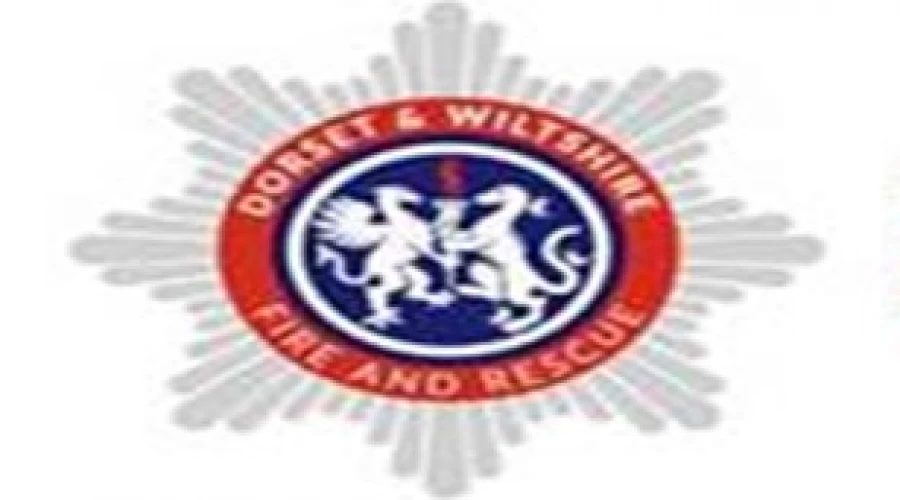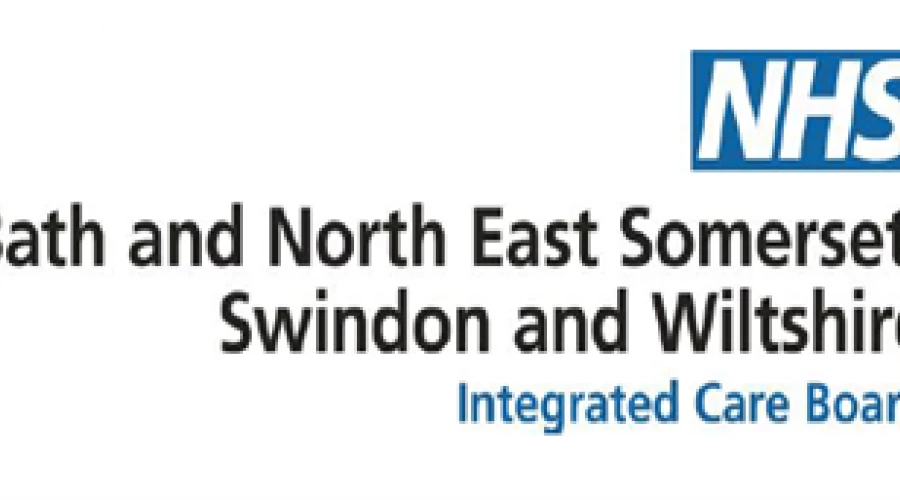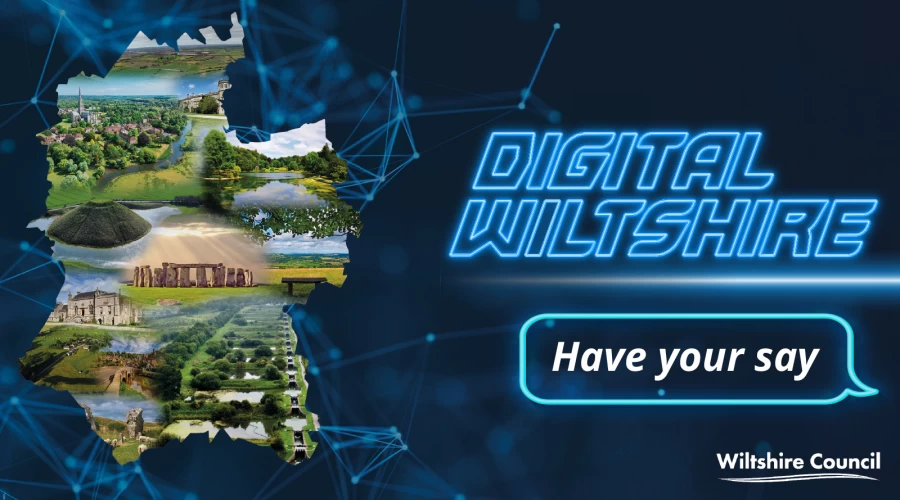About Us
What is Wiltshire and Swindon LRF?
The Wiltshire and Swindon Local Resilience Forum (LRF) is a partnership of organisations and agencies who work together to improve the resilience of Wiltshire and Swindon (the County of Wiltshire) and to ensure a coordinated response to emergencies that could have a significant impact on communities.
Across England there are 42 LRFs who share the same boundaries as the representative Police Forces. The LRFs were set up in 2005 in response to the Civil Contingencies Act 2004 which set a new legislative framework for civil protection in the event of emergencies in the UK. LRFs themselves are not legal entities in their own right but are a collective of partner agencies.
Every LRF has a governance structure, with ours shown below:
- Chair – Perry Holmes (Director Legal and Governance, Wiltshire Council)
- Deputy Chair – Jill McCrae (Dorset and Wiltshire Fire)
- Joint LRF Managers – Paul Williams and James Mahoney
- LRF Deputy Manager – Alisa Wickens
The LRF Chair and Deputy roles
The LRF Chair and Deputy are critical roles because they coordinate the executive members of our strategic multi-agency partners that work within the LRF footprint; this is important as there are some partner organisations that work across multiple LRF boundaries.
Wiltshire Council undertakes the role of LRF Chair. The position is considered on an annual basis. The LRF Chair currently sits with the Director for Legal and Governance within Wiltshire Council, although, it could be any one of the Category 1 Executive members.
The LRF Chair is supported in carrying out their duties not only by the LRF Deputy Chair but also by the LRF Secretariat.
The Secretariat (Manager and Deputy) roles
The LRF Secretariat comprises of two Joint Managers and a Deputy Manager post who support the strategy, work programme and wider organisation of the partnership.
On a daily basis the Secretariat coordinates the activities of the partner agencies that enable them to deliver the multi-agency work of the LRF. This involves bringing the partnership together to plan, prepare, exercise, respond, recover and learn as one LRF together. This leads to effective response to emergencies and major incidents and enables work to be undertaken collectively to make communities more resilient.
The Secretariat plays a crucial role in creating and maintaining focus, enthusiasm and momentum across the partnership. The work is diverse and far reaching, not only encompassing the local area but also reaching regionally and beyond into the national arena.
The Secretariat will monitor the regional, national and international landscapes to inform and support local preparedness to respond to disruptive incidents and events. These could present themselves in any manner of ways e.g. extreme weather, industrial action, terrorism, pandemic, military events and parades, etc.
To ensure the partnership works well and effectively it needs to prioritise its work. This enables an effective multi-agency response to be implemented quickly and efficiently when such an event occurs. This is achieved by identifying and managing risks, sharing information, knowledge and experience and by working collaboratively.
In addition to the above our LRF also has two additional temporary roles:
- Community Resilience Lead Officer – Chris Manuel
- National Power Outage Project Officer – Camella Town
These two additional roles have been created in response to specific risks known nationally and locally and our LRF has decided to focus extra effort in these core areas of work to help improve our resilience across Wiltshire and Swindon.
Explained in another way…….
Understanding the LRF can sometimes be difficult, but it can be compared to a variety of partnerships/organisations etc.
Looking at the Olympics is a good example of that.
| Olympics | LRF |
|---|---|
British Olympics Team (Team GB)
| LRF
|
Team GB Staff
| LRF Secretariat
|
Sports
| Members
|
As you can see from above, the LRF is just like any overarching partnership, it is a group of organisations that come together to achieve a common goal through a combined effort. The Secretariat’s role is to ensure the smooth running and overall coordination of the partnership but has no authority to direct member organisations.
Latest News
Read the Latest News
Dorset & Wiltshire Fire and Rescue Service
1m read
Consultation meetings due to start on proposed fire station closures

Free community sessions will help residents spot undiagnosed high blood pressure
2m read
BSW ICB - Free community sessions will help residents spot undiagnosed high blood pressure

Residents urged to help map Wiltshire's digital future through new 'Digital Wiltshire' platform
1m read
Residents urged to help map Wiltshire's digital future through new 'Digital Wiltshire' platform